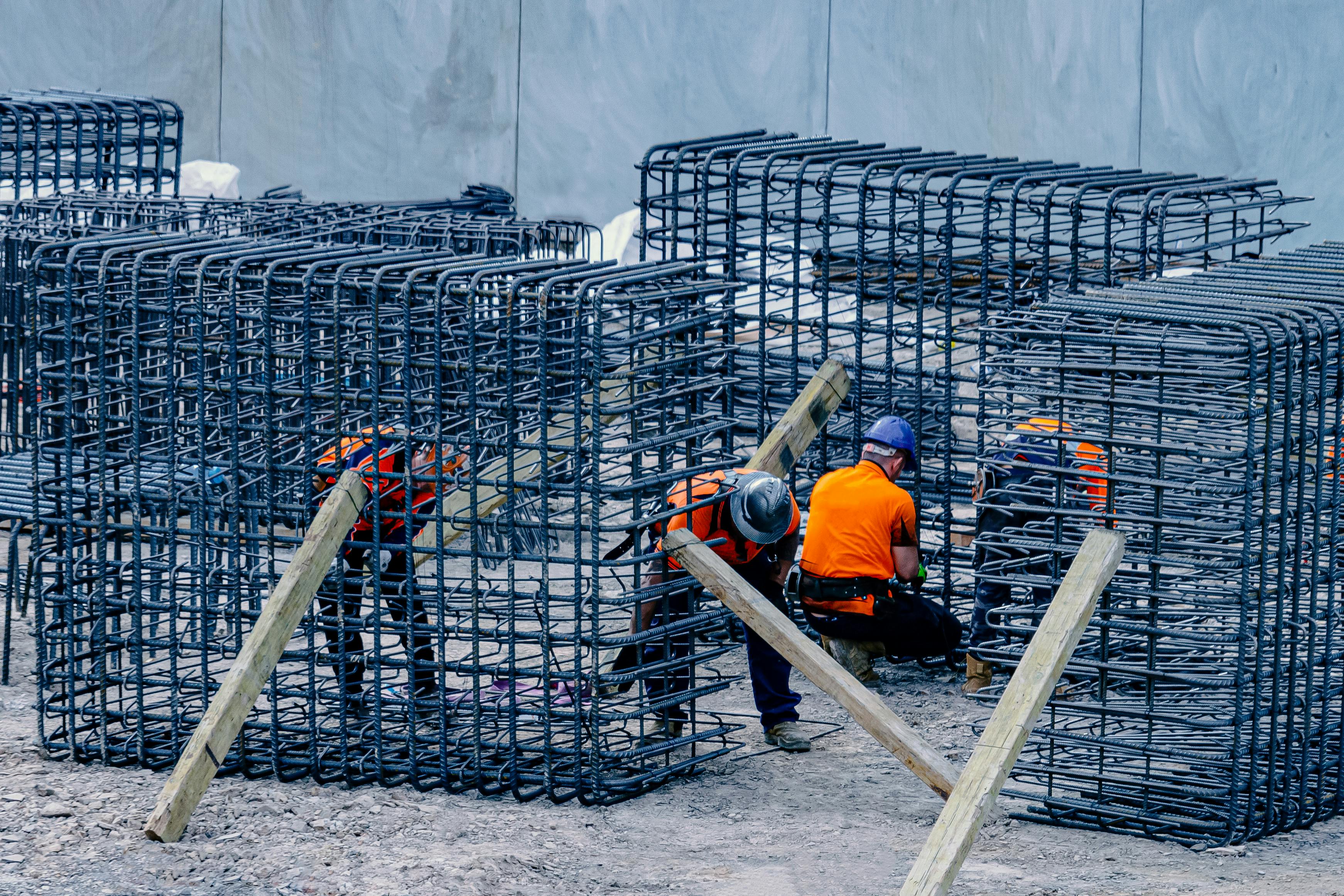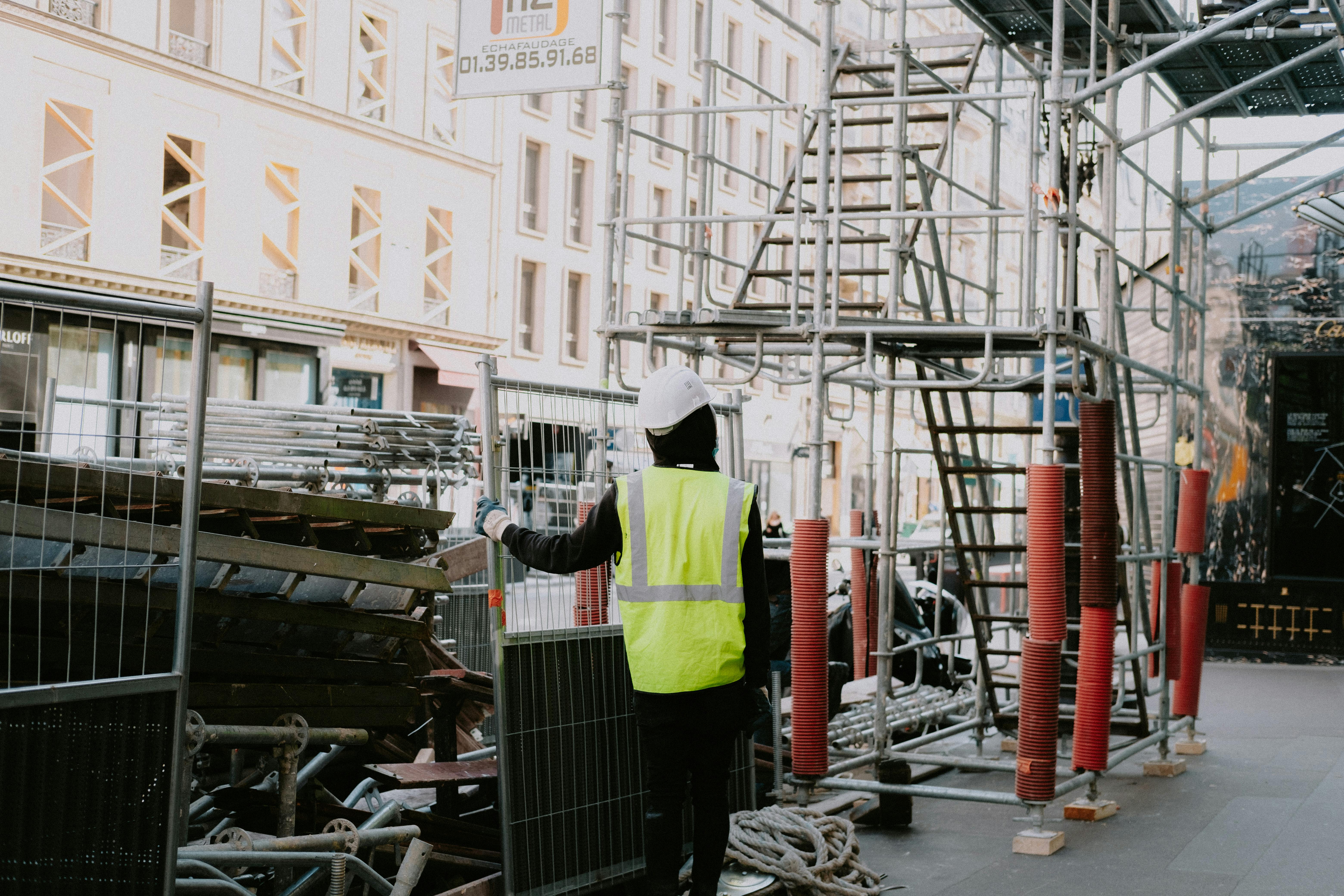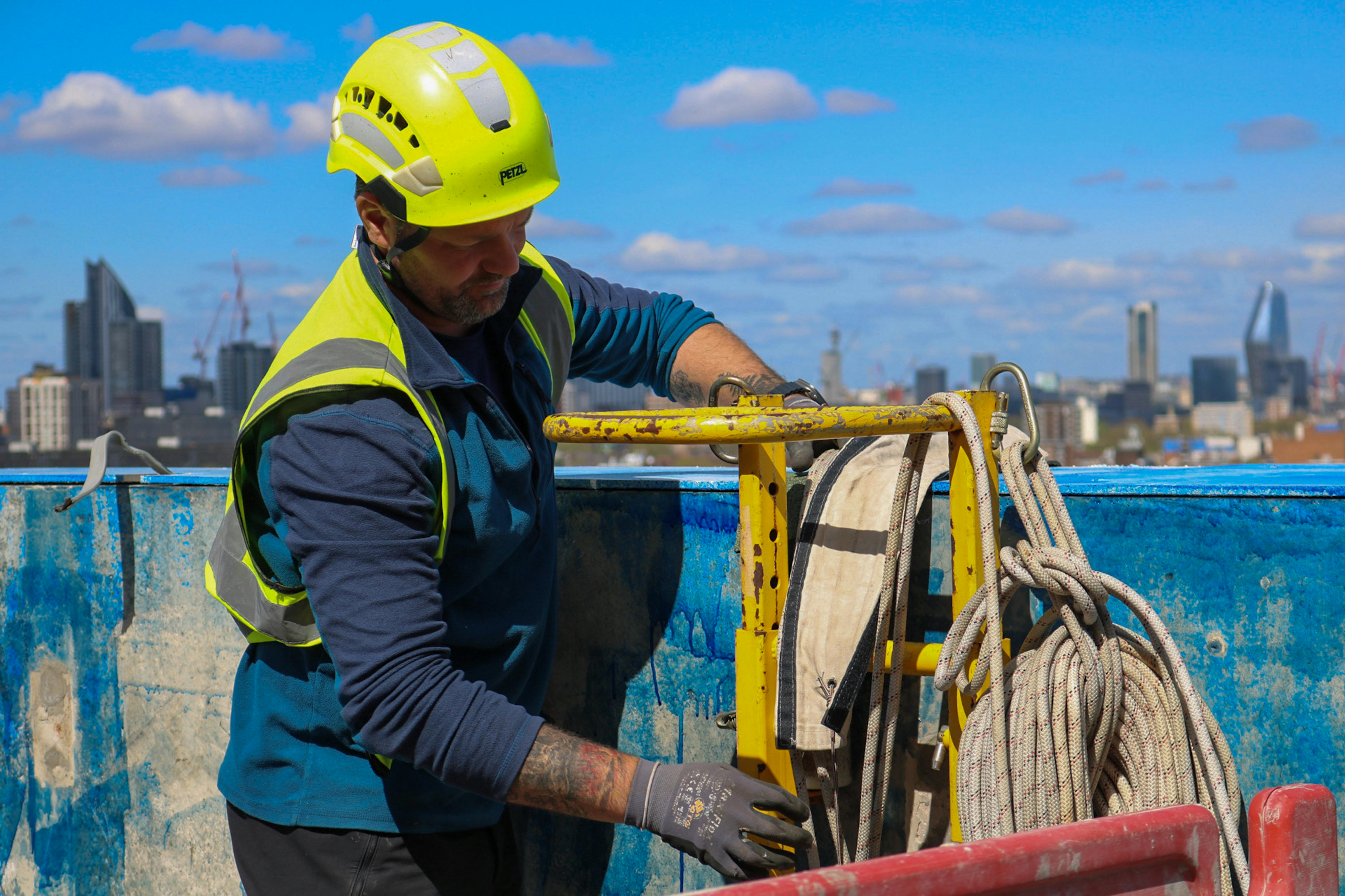Safety Violations at New Jersey Construction Sites

If you or a loved one has been injured due to an unsafe condition at a construction site in New Jersey, you are not alone. It is understandable to feel afraid, frustrated, and uncertain about the future. With construction being a potentially high-risk industry, it is crucial for employers and contractors to prioritize safety on the worksite. At Levinson Axelrod, our dedicated team of New Jersey personal injury attorneys has extensive experience in handling cases involving construction site accidents and safety violations. We are here to fight for justice on your behalf and to ensure that negligent parties are held accountable.
Construction Sites Can Be Dangerous Places
According to the Bureau of Labor and Statistics, in 2022 in New Jersey, the construction industry had 21 fatal work injuries. Construction contractors like plumbers and electricians accounted for 76% of these deaths. As you can see, construction sites can be dangerous places, with various hazards present that can lead to serious injuries or even fatalities. That is why it is vital for employers and contractors to maintain a safe working environment and comply with the necessary safety regulations. However, safety violations at construction sites are not uncommon, and when they occur they can have devastating consequences for both workers and their families.
Common Safety Violations at Construction Sites
There are a number of different types of safety violations that occur at construction sites in New Jersey and throughout the US which can result in hazardous and unsafe conditions. These can include:
- Failure to provide proper protective equipment: Employers are required to provide appropriate safety gear, like hard hats, goggles, gloves, and high-visibility clothing, to their workers.
- Lack of fall protection: Falls from elevated surfaces are a leading cause of construction site injuries. Many of these result in serious and fatal injuries. Employers and contractors are responsible for implementing safety measures to prevent these falls, such as providing guardrails, safety nets, and personal fall arrest systems.
- Unsafe scaffolding: While scaffolding is extremely helpful on a worksite, it must be set up and secured properly. If scaffolding is not erected properly and maintained adequately, it can lead to serious injuries.
- Electrical hazards: Employers must ensure that all electrical systems are properly installed, grounded, and maintained in order to protect workers and others.
- Hazardous materials: Construction sites can contain hazardous substances like asbestos, lead, or other chemicals. Employers and contractors are responsible for educating workers about the risks associated with these substances and taking the necessary protective measures.
New Jersey Unsafe Jobsite Laws
To protect the safety and well-being of construction workers, New Jersey has established a number of different statutes that outline the responsibilities of employers and contractors. Some of the specific laws that relate to unsafe jobsites include the following:
- New Jersey Construction Safety Act (CSA): This act governs safety standards and requirements for construction worksites. It outlines obligations for employers and contractors to provide a safe workplace, including proper training, equipment, and measures to prevent accidents. The CSA also covers topics like fall protection, electrical safety, and hazard communication.
- New Jersey Occupational Safety and Health Act: This act is enforced by the New Jersey Department of Labor and Workforce Development and sets forth regulations to protect workers in various industries, including construction. The law requires employers to implement safety programs, conduct regular inspections, and maintain records of workplace safety efforts.
- New Jersey Prevailing Wage Act: This Act ensures that workers on public works projects receive appropriate benefits. The Prevailing Wage Act helps prevent safety violations that may result from employers cutting corners to reduce costs.
- New Jersey Workers Compensation Act: This law provides injured workers with financial compensation for medical expenses, lost wages, and permanent injuries and disabilities. Workers Compensation in New Jersey is a “No Fault” system, which means that injured workers are entitled to compensation, regardless of fault.
Consequences of Safety Violations
Construction companies must follow all safety regulations and guidelines set forth by the Occupational Safety and Health Administration (OSHA) and other governing bodies. Construction officials who operate construction projects often times face pressure to get the project done as quickly and inexpensively as possible. When conflicts occur between safety and profit, unfortunately it is not uncommon for financial concerns to win out. As a result, OSHA places certain legal responsibilities upon the General Contractor to ensure that the construction site is a safe and that work is being performed in a safe manner. When safety violations are discovered, employers and contractors can face fines and penalties from OSHA, which can range from thousands to millions of dollars depending on the severity of the violations. In addition to financial penalties, injured workers may be entitled to bring claims against liable entities.
Furthermore, employers with a history of safety violations face reputation damage. Word spreads quickly in the construction industry, and contractors and subcontractors are hesitant to work with a company known for cutting corners when it comes to safety. This can lead to even more of a decrease in business opportunities, profits, and productivity for the employer.
Your Rights as a Victim of an Unsafe Jobsite
If you’ve been injured on the job at an unsafe construction site, know your rights:
- Right to a Safe Work Environment: As a construction worker, you have the right to expect a safe workplace. Contractors on site have a legal obligation to comply with the Occupational Safety and Health Administration (OSHA) regulations and to provide adequate safety measures to protect you from potential hazards.
- Right to Pursue a Third-Party Lawsuit: In some cases, your injury may have been caused by the negligence of a third party, such as a subcontractor, equipment manufacturer, or property owner. In such situations, you may be eligible to file a personal injury lawsuit against the responsible party in addition to your workers compensation claim.
- Right to File a Complaint: If you believe the safety violations at your jobsite are ongoing or pose a threat to other workers, you are entitled to file a complaint with OSHA. They will investigate the matter and take necessary actions to improve the working conditions.
- Protection Against Retaliation: It is illegal for your employer to retaliate against you for filing a workers’ comp claim or reporting safety violations.
New Jersey Personal Injury Lawyers You Can Trust
Levinson Axelrod is a leading personal injury law firm in New Jersey, known for our commitment to client advocacy and providing exceptional service. We have represented the rights of injured construction workers for more than fifty years. We have successfully recovered hundreds of millions of dollars in compensation for our clients and have a proven track record. If you have been injured due to an unsafe condition at a construction site, don't bear the burden of the accident alone. To speak to a New Jersey personal injury attorney, call us today at 732-440-3089 or contact us online.



.avif)